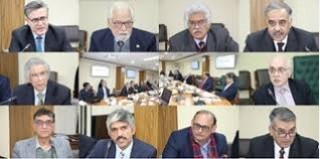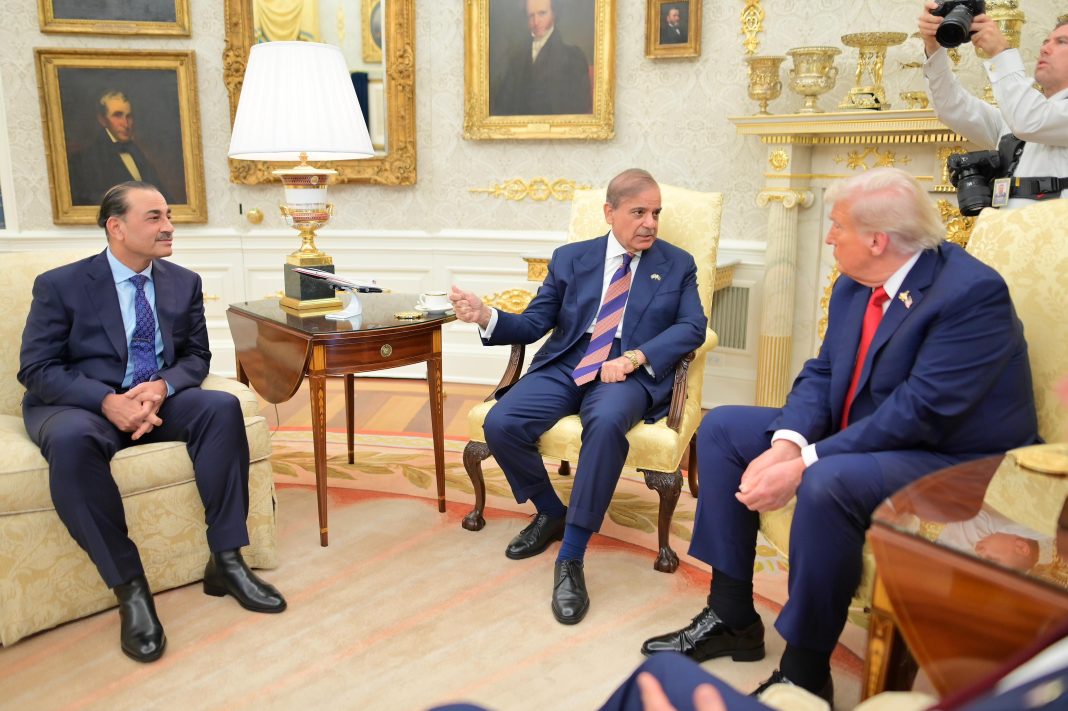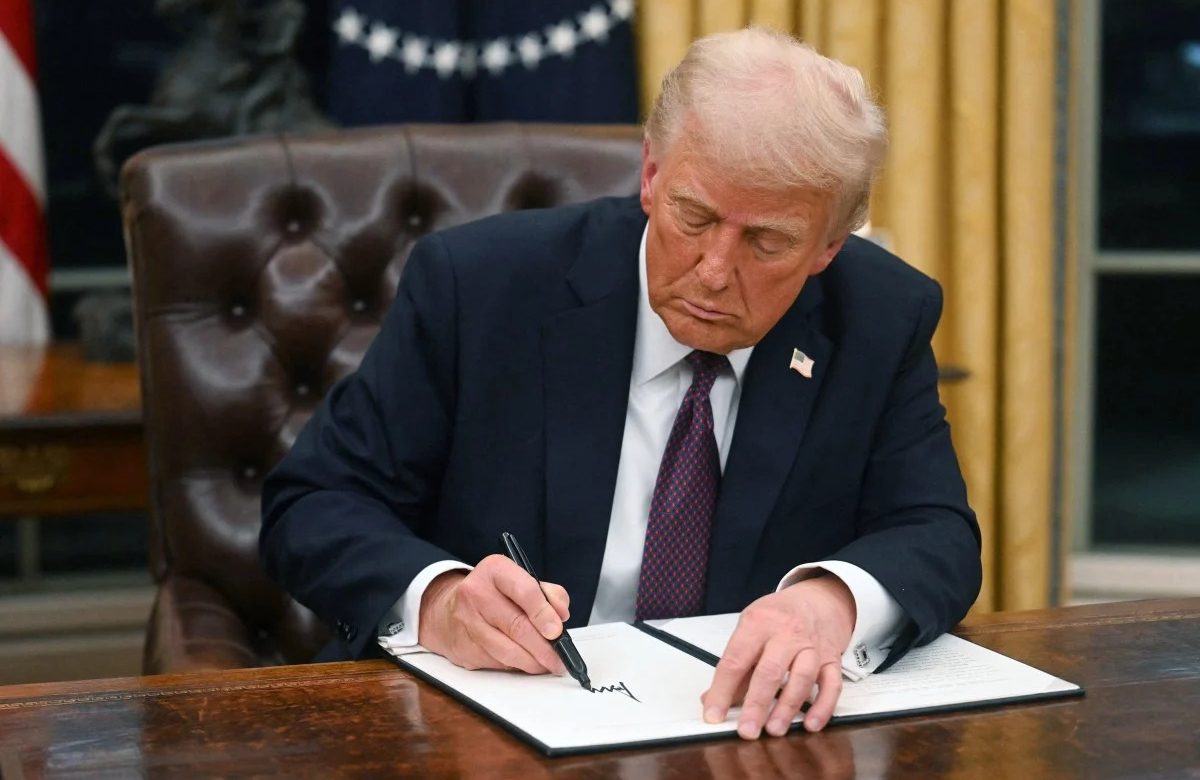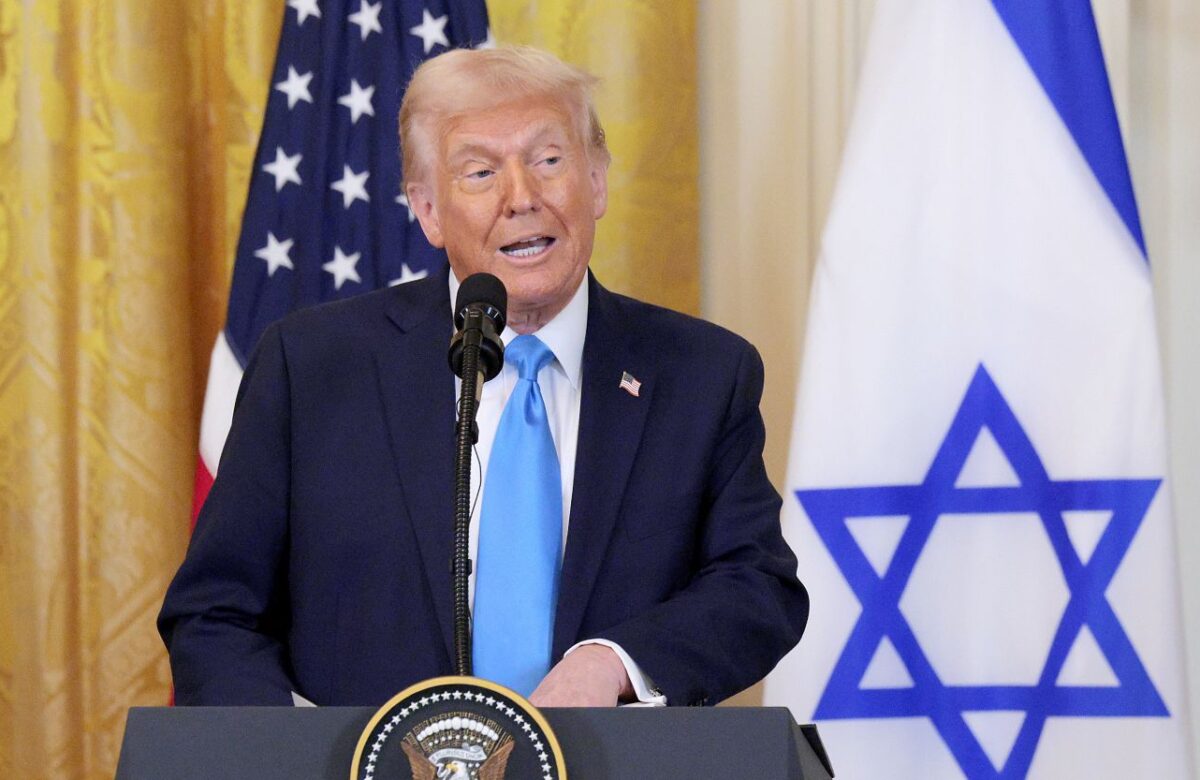
ISSI Hosts Roundtable on U.S. Sanctions, Pakistan’s Missile Program
- Pakistan News
- January 3, 2025
- No Comment
The Institute of Strategic Studies Islamabad (ISSI) held an important roundtable discussion Friday, focusing on the U.S. sanctions targeting Pakistan’s missile program. The event, organized by the Arms Control and Disarmament Centre (ACDC), was titled “Latest Discriminatory U.S. Sanctions and Assertions about Pakistan’s Missile Program – Implications and Challenges.”
The discussion brought together a distinguished panel of experts, including Advisor to the SPD Zamir Akram, Dr. Zafar Nawaz Jaspal, Dean of Social Sciences at Quaid-i-Azam University, and Tahir Hussain Andrabi, Director-General of ACDIS, Ministry of Foreign Affairs (MOFA), along with diplomats, scholars, and policy practitioners.
In his opening remarks, Sohail Mahmood, Director-General of ISSI, addressed the newly imposed U.S. sanctions and controversial remarks made by U.S. official Jon Finer regarding Pakistan’s missile capabilities. He strongly rejected these allegations, emphasizing that Pakistan’s defense program is a national consensus and a “sacred trust,” untouchable by foreign interference. Mahmood also stressed the importance of engaging the U.S. constructively to address these concerns, urging fair and non-discriminatory treatment of Pakistan’s legitimate security needs.
Malik Qasim Mustafa, Director of ACDC, provided insight into the broader implications of the sanctions. He pointed out that the U.S. policy fails to account for the fragile strategic stability in South Asia and accused Washington of acting out of geopolitical motivations. He reaffirmed that Pakistan has always been open to addressing international concerns but will not compromise on its strategic defense program.
Tahir Hussain Andrabi expanded on the growing trend of sanctions, stating that they reflect not just concerns about Pakistan’s missile capabilities but also broader geopolitical competition. He highlighted the restrictive nature of export control regimes that impede Pakistan’s access to necessary technology for peaceful purposes, and reiterated that Pakistan cannot accept limitations on its missile capabilities.
Dr. Zafar Nawaz Jaspal delved deeper into the political motivations behind the sanctions. He argued that these actions are a calculated effort to undermine Pakistan’s standing in the region while facilitating India’s rise as a dominant power. Jaspal asserted that the U.S. aims to constrain Pakistan’s nuclear program, possibly even roll it back, as part of its broader regional strategy. The ongoing U.S.-China rivalry also plays a key role in these developments.
Throughout the interactive session, participants stressed the need for pragmatic engagement with the U.S. while asserting Pakistan’s security priorities. They noted that the U.S. appears to be viewing Pakistan through an Indian-centric lens, further complicating the prospects for regional peace. Despite these challenges, there was unanimous agreement that Pakistan’s resolve to protect its national interests and regional position remains firm.
Concluding the roundtable, Khalid Mahmood, Chairman of ISSI’s Board of Governors, reaffirmed that sanctions would not deter Pakistan from pursuing its strategic goals. While recognizing the recurring nature of such sanctions, he emphasized that Pakistan’s strategic programs remain non-negotiable and that the country will continue to uphold its national security priorities in the face of external pressures.







